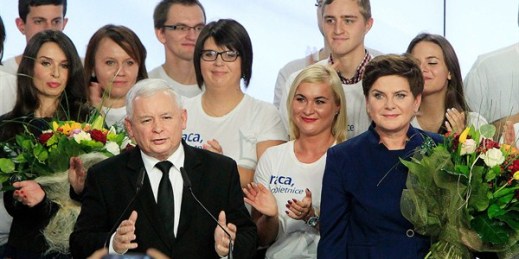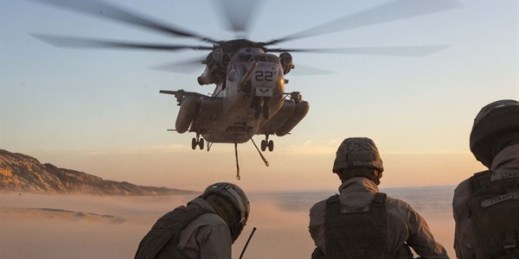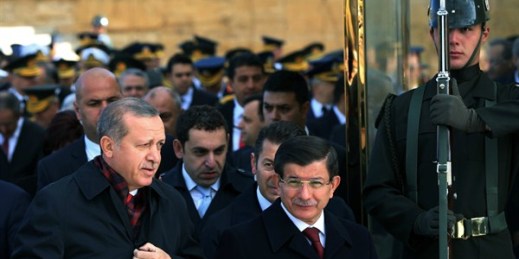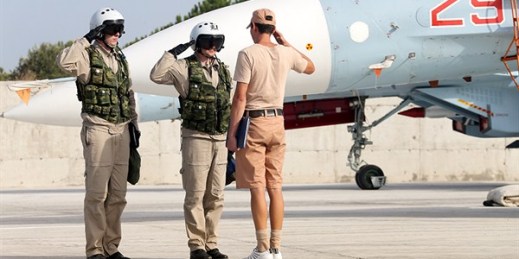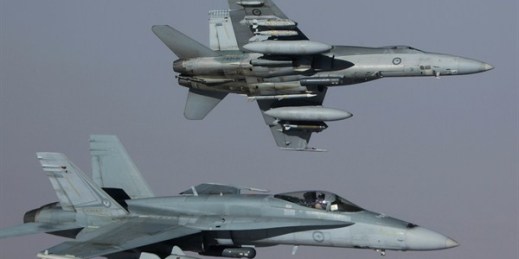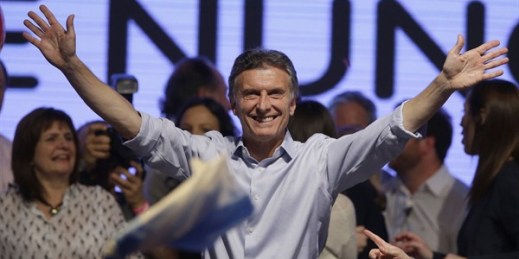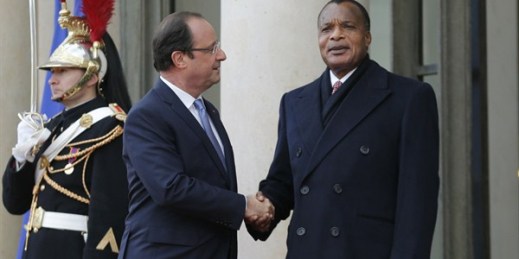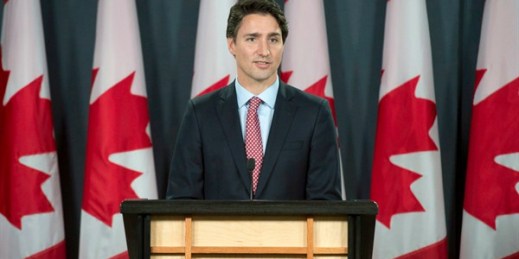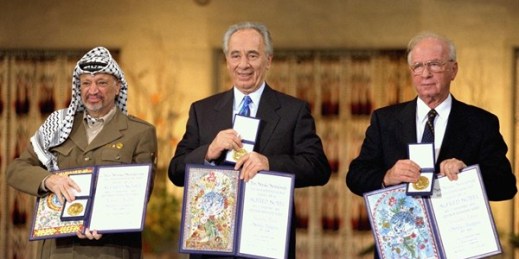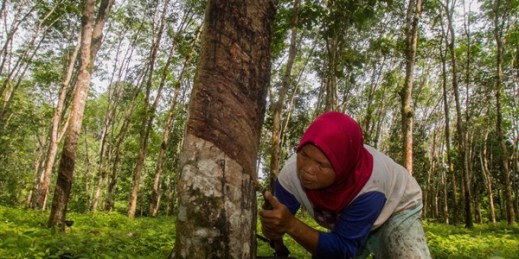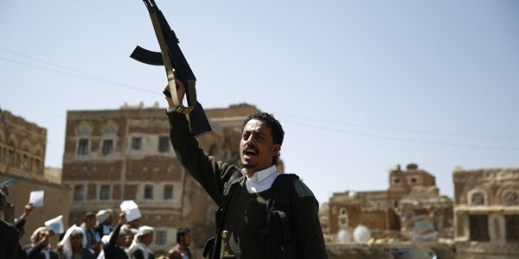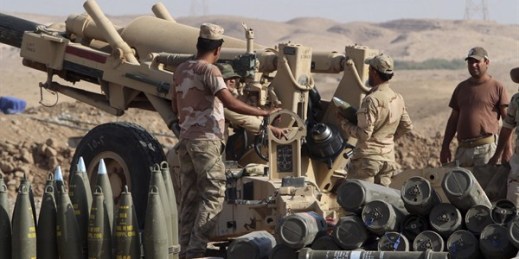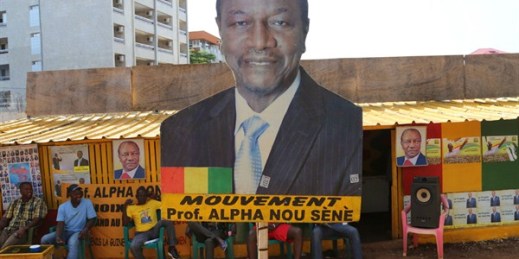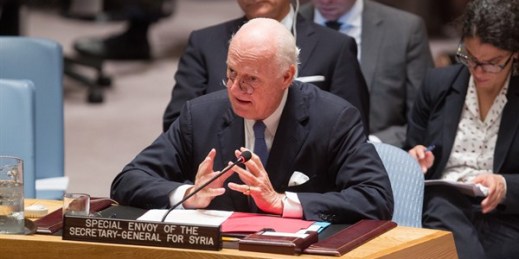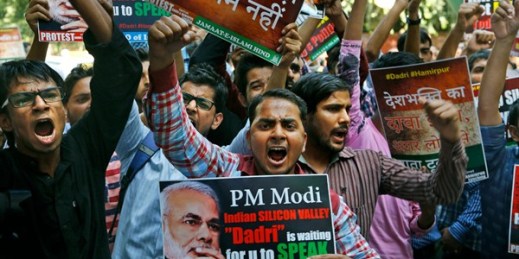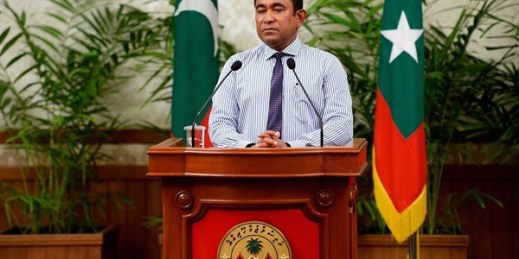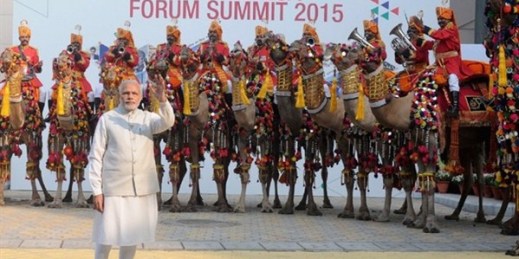
This week, India hosted representatives of 54 African countries for the third India-Africa Forum Summit in New Delhi, with security, investment and U.N. reform on the agenda. In an email interview, Elizabeth Sidiropoulos, the chief executive of the South African Institute of International Affairs, discussed India’s Africa outreach. WPR: How has India’s economic engagement in Africa expanded in recent years, and in what sectors and countries has India invested the most? Elizabeth Sidiropulos: Indian companies have been present on the continent for many decades, particularly in East Africa where, historically, there has been a large Indian diaspora. However, the relationship […]

